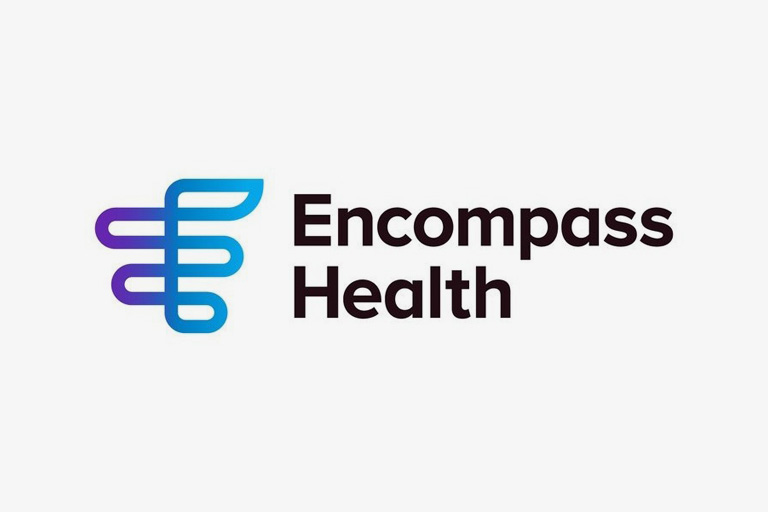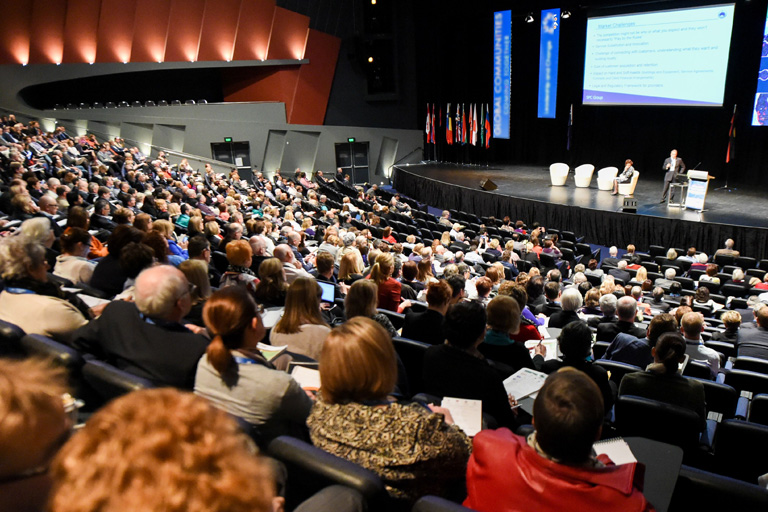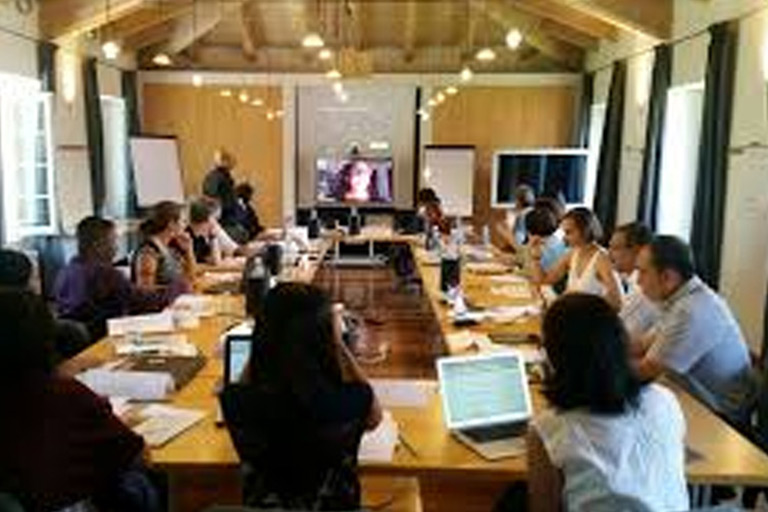Patients with advanced cancer who spoke with a trained nonclinical worker about personal goals for care were more likely to talk with doctors about their preferences, report higher satisfaction with their care and incur lower health costs in their final month of life, Stanford University School of Medicine researchers report.
The findings, from a pilot study of 213 patients, suggest that patients with a serious illness
are more at ease with decisions about their care and more likely to mention their care preferences to health care providers when they discuss those preferences soon after their diagnosis, and on an ongoing basis, with someone outside the medical context, said Manali Patel, MD, assistant professor of medicine at Stanford and the study’s lead author.
She and her colleagues employed a lay health worker to conduct conversations with patients about their personal desires for care and to encourage them to share this information with providers. The intervention was based on prior research conducted by Patel when she was a fellow at Stanford’s Clinical Excellence Research Center in which patients expressed a preference for having these discussions with nonclinical workers. Though more research is needed, the new study suggests it is a promising approach for improving the quality of end-of-life cancer care while lowering the costs, she said.
“A goals-of-care conversation is not about prognosis. It’s a holistic approach to understanding the patient’s wishes and how they want to experience their life,” Patel said. “You don’t need higher-level training to have that conversation. You just need a very supportive ear.”
The study was published July 26 in JAMA Oncology. Its senior author is Kate Bundorf, PhD, associate professor of health research and policy at Stanford.
Conversations about goals of care
Patel and her fellow researchers followed patients at the Veterans Affairs Palo Alto Health Care System for 15 months after they were diagnosed with stage-3 or -4 cancer or with recurrent cancer. Half were randomly assigned to speak with a lay health worker about goals of care over a six-month period.
The lay health worker had participated in a training curriculum created by Patel that included an 80-hour online seminar, as well as four weeks of observational training with the hospital’s palliative care team. During several telephone and in-person conversations, the worker led patients through a structured program that addressed questions, such as, “What is your understanding of your cancer?” “What is important to you?” “Have you thought about a time when you could be sicker?” “How would you want to spend your time in that situation?” Together, they also established care preferences, identified a surrogate decision-maker and filed an advance directive.
“We trained the worker to address these questions over multiple time periods and to revisit the conversation when unexpected events occurred, such as an emergency department visit or bad scan results,” Patel said. “How a patient feels and what they express as their desires today may be different from how they may feel a week from now, if they had a really horrible side effect from the chemotherapy that they’re receiving and they’re finding themselves in the hospital for two weeks rather than spending the time with their family.”
Patients in the study who participated in conversations with the lay health worker were more likely to have documentation of end-of-life care preferences in their electronic health records within six months of those conversations starting (92 percent compared with 18 percent in the control group). Researchers used this documentation to gauge whether patients had discussed the topic with their doctors.
Patients in the intervention group also rated their oncology care higher, giving it an average satisfaction score of 9.16 out of 10, compared with the average of 7.83 from the control group. They also posted higher satisfactions scores when queried about their care-related decision-making.
“This indicates that patients in the intervention were having a better experience with their providers despite having been prompted and activated to discuss really difficult topics,” Patel said. “This is consistent with what other studies have shown indicating that patients value honest and open communication regarding their prognosis.”
Use and cost of health care
The researchers also monitored health-care costs and use among patients in the two groups.
They found few significant differences over 15 months; however, for patients who died during the study, the final 30 days diverged markedly. Those who discussed goals of care with the lay health worker were six times less likely to visit the emergency department or be hospitalized than members of the control group, and twice as likely to use hospice services. Their median health care cost within 30 days of death was $1,048, compared with $23,482 for the control group.
Overall, patients who participated in conversations with the lay health worker used hospice at higher rates than the control group — a finding that tracks with other research, Patel said.
“Consistently, patients who understand that they have an incurable cancer are more likely to choose less aggressive care, and we see that same result here,” she said. “Communication and listening to patients seem to be the common theme because when providers listen to patients and they’re receiving care that’s concordant with their goals, they seem to have better outcomes, especially at the end of life.”
Other Stanford co-authors of the study are biostatistician Vandana Sundaram; Manisha Desai, PhD, professor of medicine and of biomedical data science; VJ Periyakoil, MD, associate professor of medicine; James Kahn, MD, professor of medicine; Jay Bhattacharya, MD, PhD, professor of medicine; Steven Asch, MD, professor of medicine; and Arnold Milstein, MD, professor of medicine.














































